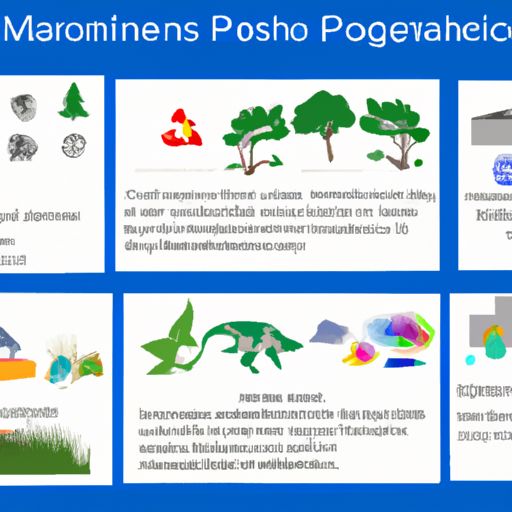Key Points: The Complicated Relationship Between Biodiversity and Disease Outbreaks
- Scientists have long believed that increased species diversity in an ecosystem reduces the vulnerability of individual species to threats like parasites.
- A recent study on tadpoles reveals that environmental pollutants, such as road salt, can influence the impact of biodiversity on disease outbreaks in wildlife.
- The research suggests that the presence of certain pollutants can either enhance or hinder the effectiveness of increased biodiversity in protecting against diseases.
- This study highlights the complex interplay between biological and environmental factors when it comes to determining the value of preserving diverse animal communities.
Hot take: When it comes to the relationship between biodiversity and disease outbreaks, it seems like Mother Nature has a few tricks up her sleeve. While conventional wisdom suggests that more species means less vulnerability to parasites, environmental pollutants can throw a wrench into that idea. So, next time you see a tadpole, remember that its chances of surviving a disease outbreak might depend on more than just its neighbors.
Original article: https://www.sciencedaily.com/releases/2023/08/230817164011.htm
